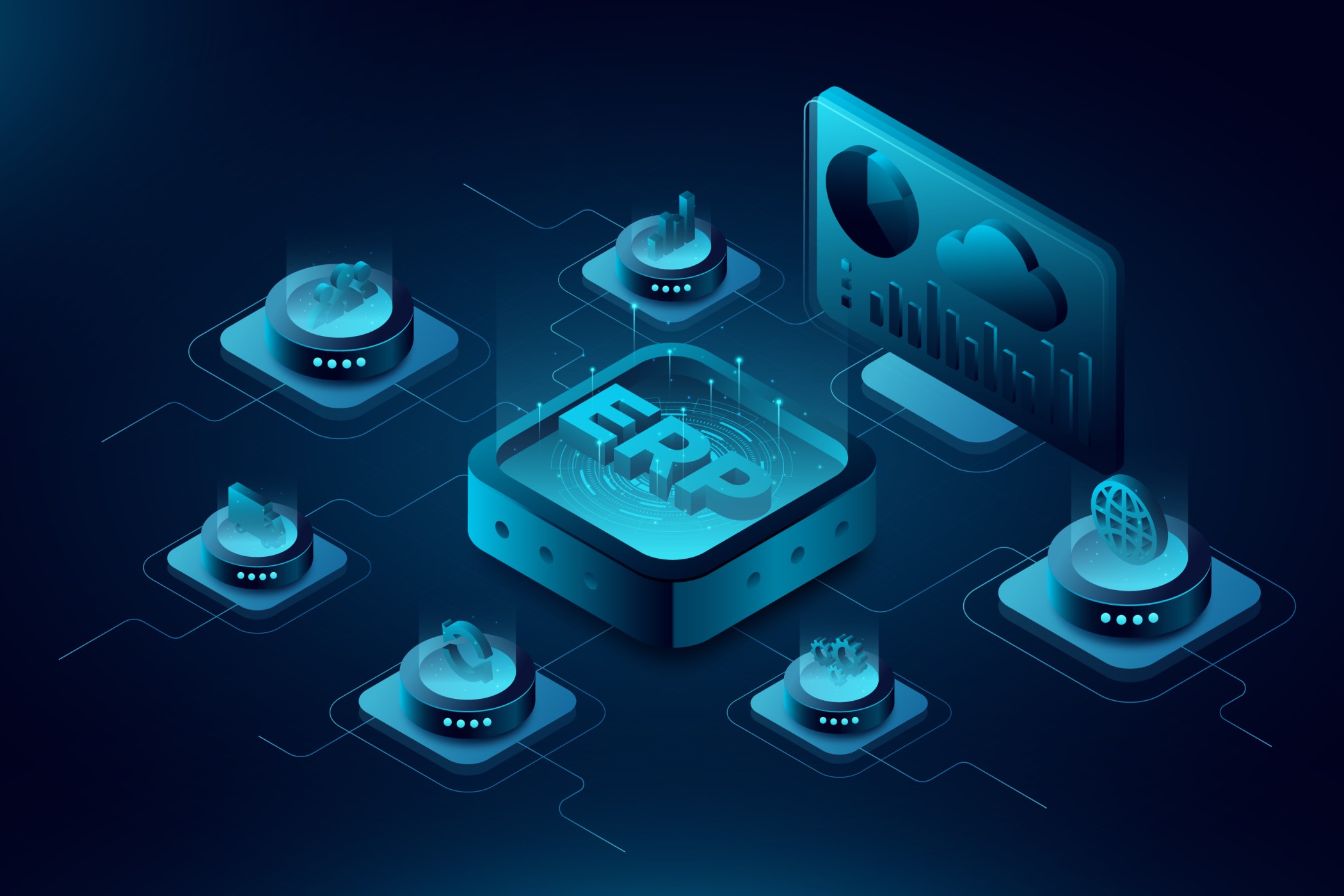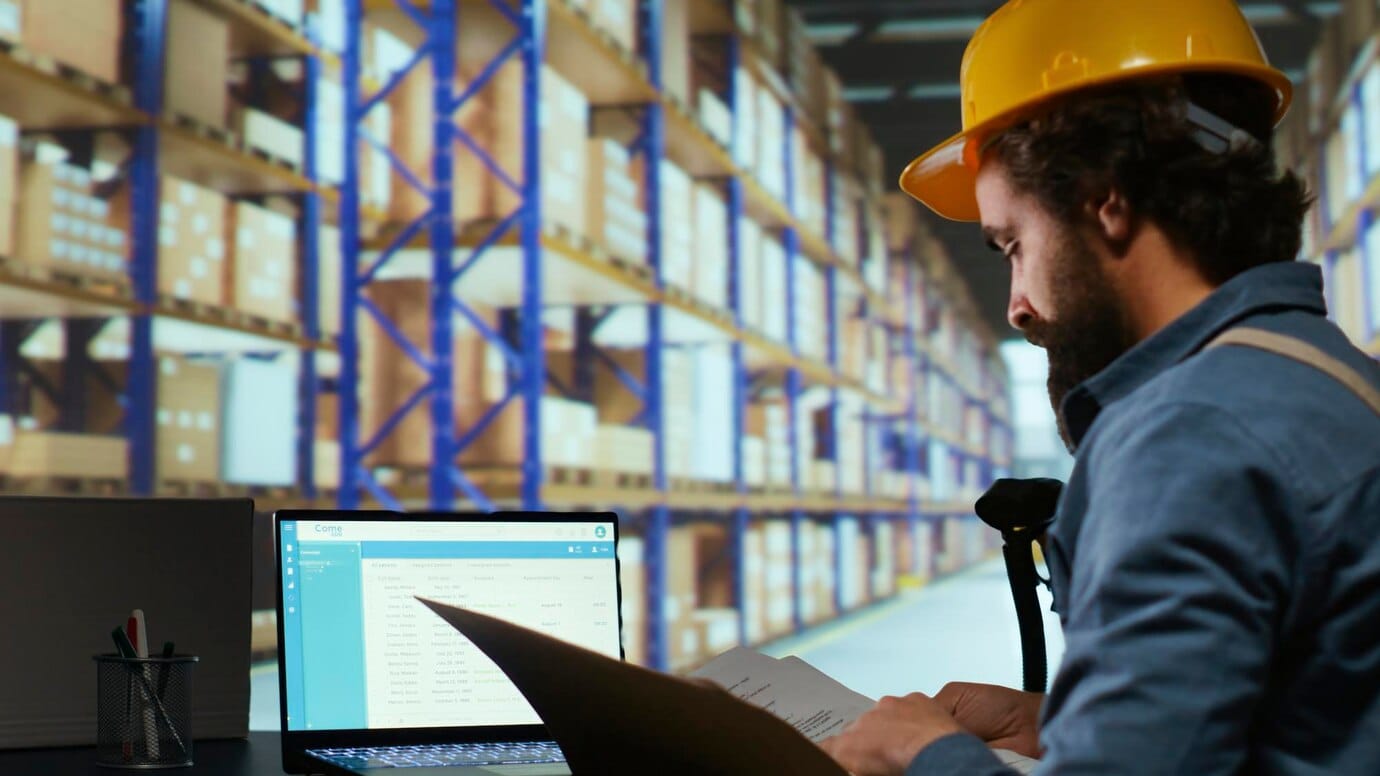Future proofing your operations has become more critical in today’s rapidly changing manufacturing landscape. Investing in a robust ERP Software System can be the key to achieving long-term success and staying ahead of the competition. An ERP system streamlines processes, integrates essential data, and enhances productivity across your manufacturing operations.
This blog will explore the comprehensive ERP Software System, focusing on its unique features and benefits tailored specifically for the various industries. By implementing this system, businesses can ensure efficiency, scalability, and sustained growth in a competitive market.
ERP System Introduction:
The ERP Software System For Manufacturing and other industries integrate critical business functions into a unified platform, ensuring seamless data flow and operational efficiency. This system captures day-to-day transactions and generates comprehensive reports and analyses without duplication of work, supporting informed decision-making and enhanced productivity.
ERP systems are designed to cater to a wide range of industries, each with unique features and benefits:
Industries and Their Specific ERP Solutions
1. Manufacturing
Comprehensive Solutions: ERP solutions that streamline manufacturing processes, capture transactions, and produce detailed reports.
Key Features: Real-time data access, customizable modules, and seamless integration capabilities enhance production efficiency and operational control.
2. Agriculture
Tailored Solutions: The ERP system for agriculture helps manage daily transactions, optimise resource use, and generate insightful analyses.
Benefits: Improved productivity, better resource management, and streamlined reporting processes ensure efficiency in agricultural operations.
3. Construction, Engineering, and Infrastructure
Focused Solutions: ERP software that manages all aspects of construction projects, from design to maintenance.
Advantages: Enhanced project management, cost control, and real-time tracking of project progress ensure successful project delivery.
4. Trading & Distribution
Efficient Management: The ERP system captures daily transactions and produces reports to efficiently manage trading and distribution activities.
Key Benefits: Improved inventory management, streamlined supply chain operations, and enhanced customer service.
5. Services
Service Industry Solutions: ERP solutions that manage every process within the service industry supply chain.
Features: Comprehensive service management, client relationship management, and efficient resource allocation.
6. Public & Nonprofit Organizations
Effective Solutions: The ERP system helps these organisations capture transactions and produce detailed reports, enhancing operational efficiency.
Benefits: Improved transparency, better resource management, and enhanced reporting capabilities.
Key Features of ERP Systems
- Real-time Data Access: Immediate insights into operations for informed decision-making.
- Customizable Modules: Tailored solutions to meet the specific needs of various industries.
- Seamless Integration: Smooth integration with existing systems to minimise disruption.
- Scalability: Ability to grow with the business, ensuring long-term sustainability.
- Comprehensive Support: Dedicated support services to help clients fully utilise the ERP system and achieve their business goals.
Conclusion
Blue Lotus 360’s ERP systems provide robust, adaptable, and efficient solutions for various industries, helping businesses streamline operations, improve productivity, and future-proof operations.
These ERP software systems offer the tools needed for success in today’s dynamic market by integrating real-time data access, customizable modules, and seamless integration capabilities.














